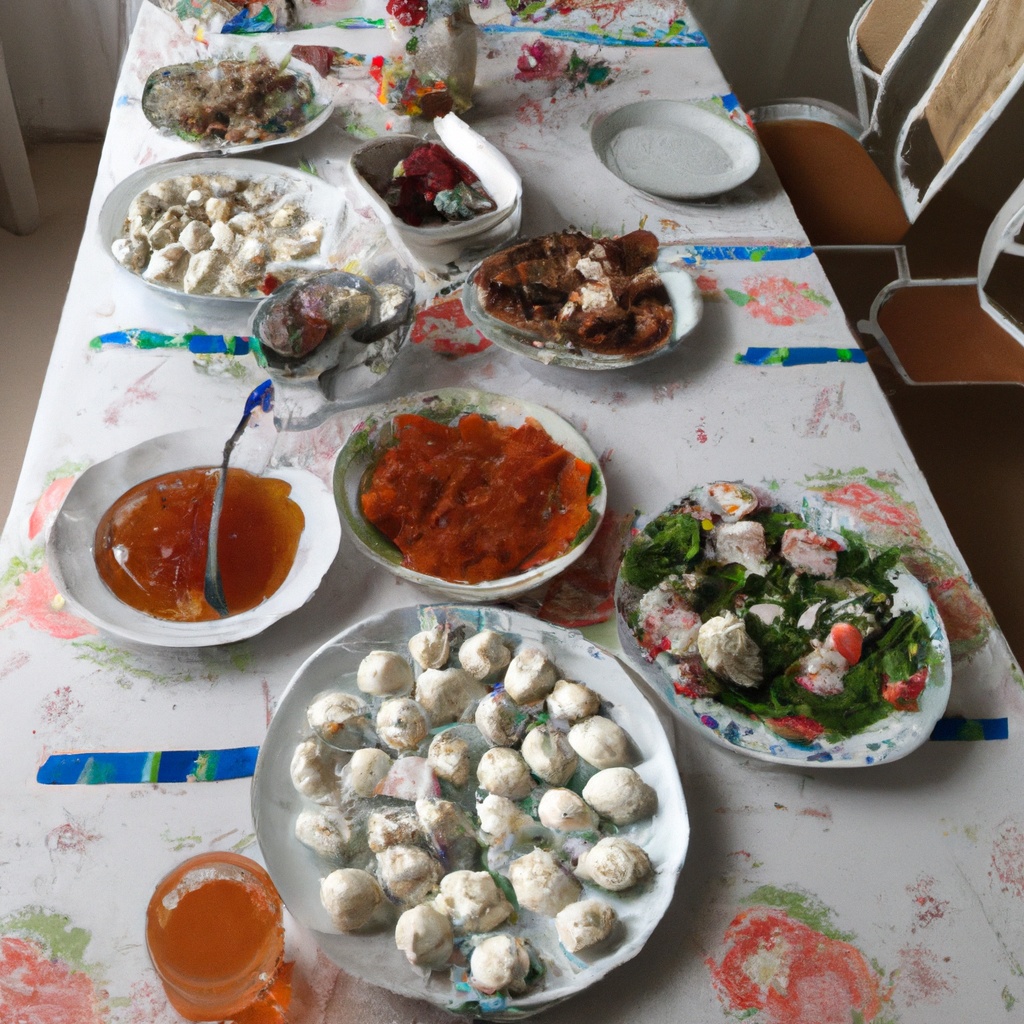As our loved ones get older, their nutritional needs change and they may require special consideration when it comes to their meals. Cooking for seniors isn’t just about creating something tasty—it’s about taking into account their unique dietary needs and restrictions. In this post, we’ll take a closer look at what to consider when cooking meals for 90 year olds.
First and foremost, it’s important to remember that seniors may have a reduced sense of taste and smell. This means that you may need to add extra seasoning or flavor to their meals in order to make them enjoyable. However, be sure to take into account any dietary restrictions. For example, if your loved one has high blood pressure, you’ll need to be mindful of sodium intake and opt for seasonings that are low in salt.
Another factor to consider is digestion. Seniors may have difficulty digesting certain foods, so it’s important to choose ingredients that are easy to digest. This may mean avoiding spicy foods, caffeine, and high-fat or greasy dishes.
Additionally, you’ll want to focus on nutrient-dense foods that provide the vitamins and minerals seniors need. Good options include lean proteins like chicken and fish, whole grains, fruits, and vegetables. For seniors with dentures or other dental issues, you may need to cook vegetables until they are very soft in order to make them easy to chew.
Lastly, consider the portion sizes. As we age, our caloric needs decrease, so seniors may not need as much food as they did when they were younger. Serve smaller, more frequent meals throughout the day rather than large meals.
In conclusion, cooking for 90 year olds may require a bit of extra thought and effort, but the result is worth it. By taking into account their unique nutritional needs and restrictions, you can create delicious and healthy meals that will help them stay strong and healthy.



Leave a Reply